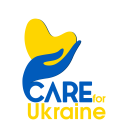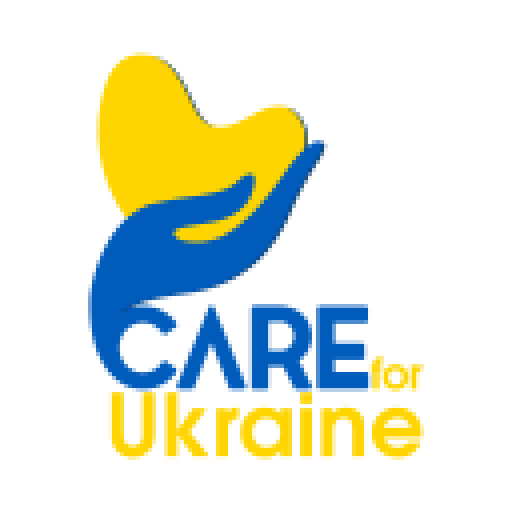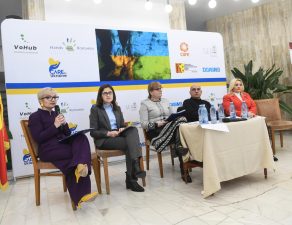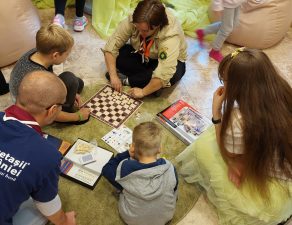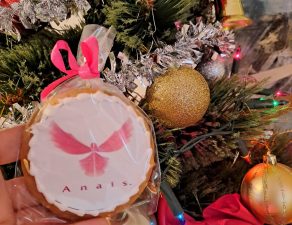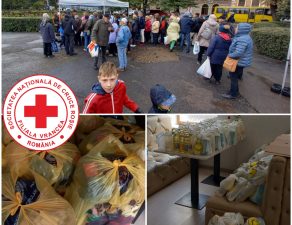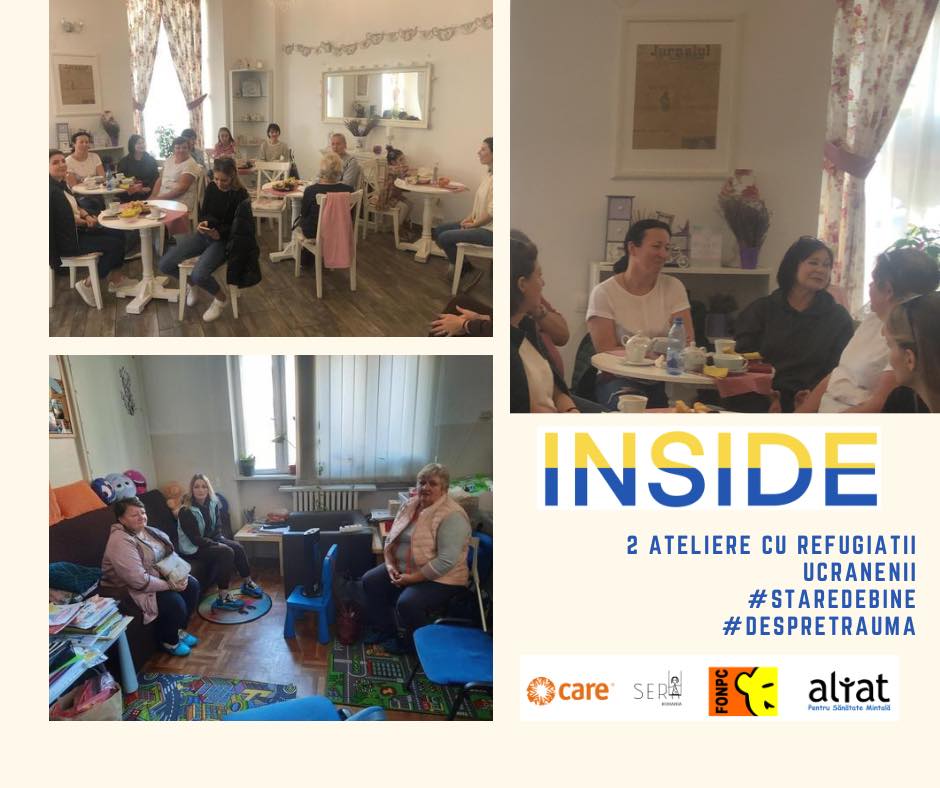
When you leave behind your home and family you may not find when you return, not even knowing if and when you might return, emotions and grief build up and take their toll, even when we hide them from people around us.
 Mental health professionals working with refugees have been training in dealing with war trauma, but the most valuable lessons are still learnt from face-to-face interaction during group meetings. They are impressed by every story about mothers who left everything behind to escape with their children, they can still visualize the open field near the border where they had to abandon their belongings because they could no longer carry them.
Mental health professionals working with refugees have been training in dealing with war trauma, but the most valuable lessons are still learnt from face-to-face interaction during group meetings. They are impressed by every story about mothers who left everything behind to escape with their children, they can still visualize the open field near the border where they had to abandon their belongings because they could no longer carry them.
We have become accustomed to speaking with admiration about the resilience of Ukrainian refugees. They have packed a few things in a hurry, left their homes to take their families and loved ones to the safest places possible, show self-control and often decline help in an attempt to preserve their dignity, even though they experience terrible inner turmoil.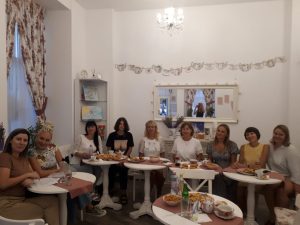
It’s also a challenge to find safe spaces where to talk about your feelings in a foreign country given the language barriers and multiple daily living needs. ALIAT (Alliance Against Alcoholism and Drug Addiction) has been offering such a safe space since June by holding recurring workshops where everyone can share their feelings without fear of being judged, and then acquire methods of managing war trauma and its effects on their well-being and health.
Workshops run on Fridays and Saturdays and usually gather between 6 and 12 participants, mostly women, at the San The Herbal Tea Shop in Bucharest or at the Association for Emotional Support and Psychotherapy (ASEP) office. The meetings function as a support group where everyone can talk about the issues they are going through, be heard and receive guidance in the form of exercises that help manage emotions. Interpreting is provided by two Ukrainian women who speak Romanian, and this helps them to have a sense of contribution and significance.
The purpose of the workshops organized by ALIAT is to let participants know that they are not alone in how they feel and to equip them with useful information they can use when facing a struggle. “We try to anchor them in the present,” says Oana Crăciun, Communications Officer at the ALIAT Clinic.
Most refugees mention during workshops that they feel uprooted. Even though the enormous assistance they have received from the Romanians has amazed them and eased their transition, the overriding feeling they share is that they have lost their sense of purpose. They want to have an occupation, to feel useful and to provide for themselves.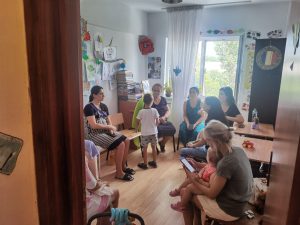
Another recurring feeling is fear for those left at home, but also they dread having nothing left to go back to.
ALIAT therapists and facilitators say the workshops help create two-to-three-hour windows of reconnection in a safe environment that helps them pause the turmoil they’re going through for a little while. At the session end, many participants exchange phone numbers and stay in touch.
To reach as many refugees as possible with information about trauma and depression, ALIAT adapts it into booklets translated into Ukrainian and illustrated as suggestively as possible: one of them pictures depression as a ball of thread, which can get bigger with each emotion or smaller through healthy behavior. They distribute them to as many refugee activity centers as possible, such as Romexpo.
ALIAT Association is one of the organizations that are part of Care for Ukraine Project, funded by CARE through SERA Romania Foundation, CARE France and FONPC.
